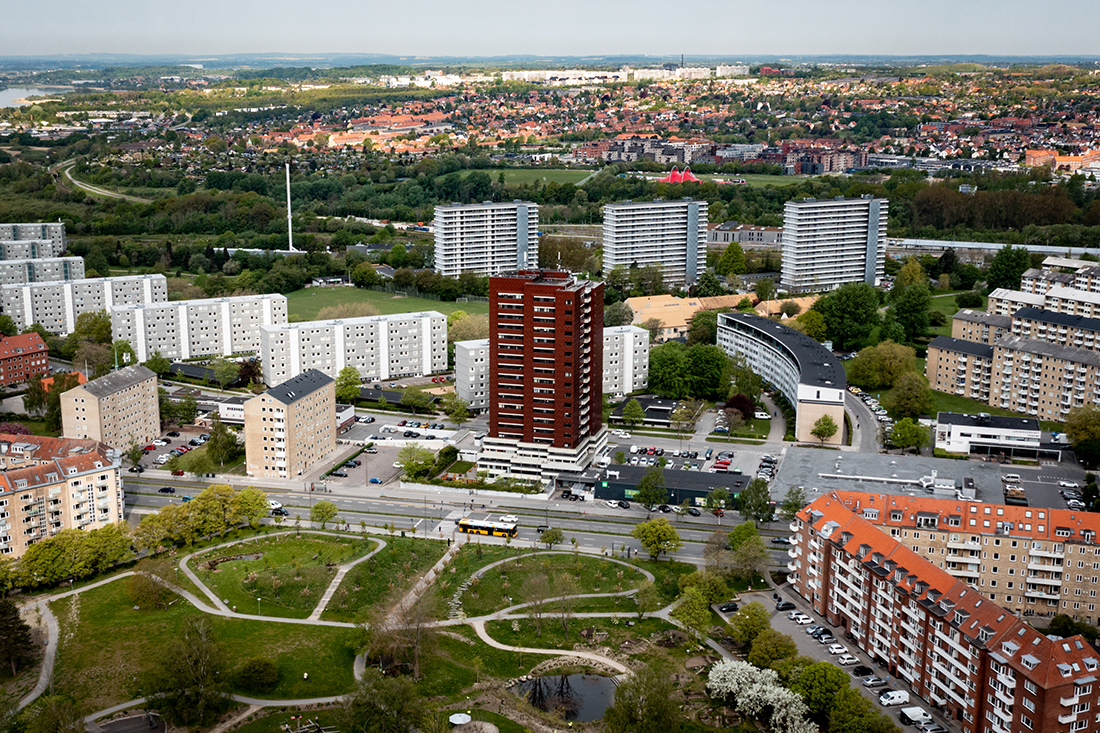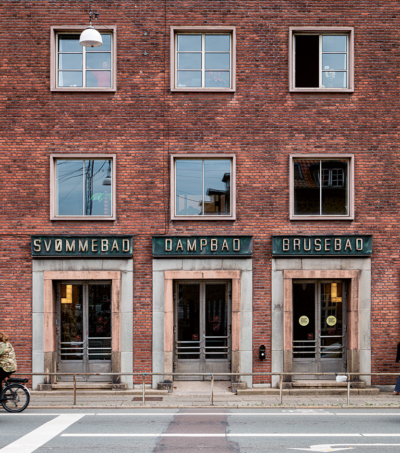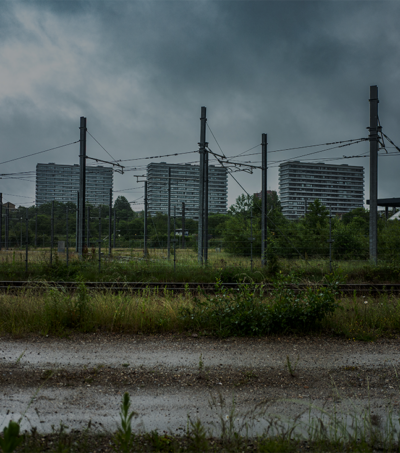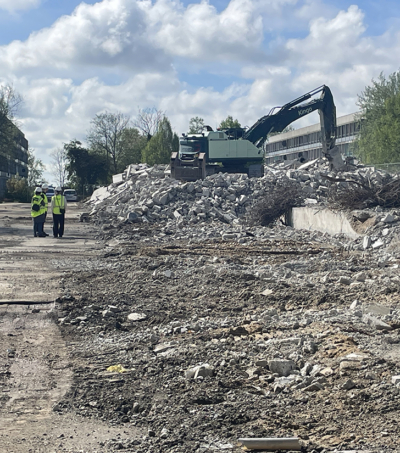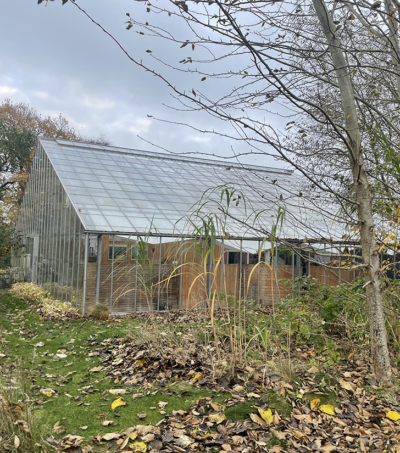The IPCC’s 2023 report states that the transition towards sustainable urban communities is too slow and that keeping the temperature rise below 1.5% requires action now. Additionally, the report points out that one of the key barriers is limited resources, lack of engagement from the private sector and citizens, low climate knowledge, lack of political commitment, limited utilization of research on climate change adaptation, and a low sense of urgency. With this starting point, this project, in a partnership between the Aarhus School of Architecture (AARCH), Aarhus Municipality (AAK), and the Danish Town Planning Institute, aims to combine research and practice to explore new approaches to creating a sustainable transition of our urban communities. The project is funded by the Innovation Fund and Aarhus Municipality. Aarhus Municipality will serve as a practical case study. AAK can be seen as a mini-model of Denmark. AAK includes all different urban typologies, consists of 50% agricultural land, and faces issues related to sea-level rise, afforestation, urbanization, mobility, energy production, etc. The project is funded by Aarhus Municipality and the Innovation Fund.
How can a deep understanding of a broad sustainability perspective and CO2 calculations be integrated with a thorough site analysis of the existing conditions and urban typologies? And how can this be integrated into municipal physical planning to ensure the transition of Aarhus Municipality as a cohesive urban community? The project’s thesis is that a deeper understanding and coherence between urban quality, site analysis, and a broad aspect of sustainability are necessary to form a stronger basis for a sustainable transition of our urban communities. This is necessary to make the required and correct decisions to ensure lower CO2 emissions, green mobility, and strengthened behavior as part of physical planning.

